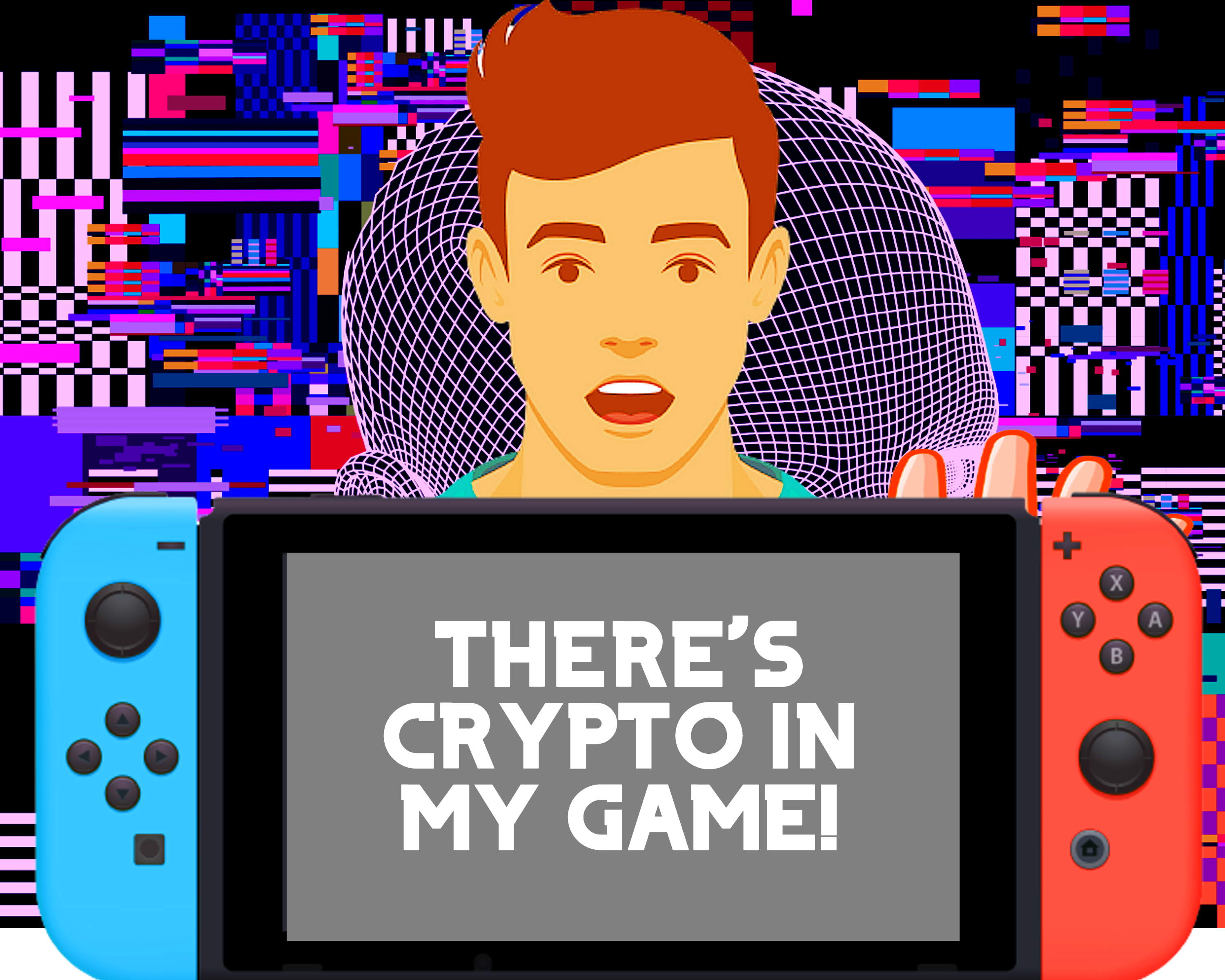
There’s Crypto In My Game!
Cryptocurrencies have become the talk of the town in a range of different industries. The buzz around the word introduced technologies such as blockchain and NFTs to laypeople. When in-game microtransactions are a hotly contested topic, Cryptocurrencies have permeated the games industry, and their adoption has been subject to splitting opinions.
While microtransactions have been incredibly lucrative for gaming companies, many gamers have questioned their ethos and their impact on the spirit of gaming. Free-to-play games have seen a rise in popularity, and games such as Candy Crush provide a means to improve a player’s ranking if one spends more on microtransactions. Star Wars Battlefront 2 is another example that enraged gamers for including expensive microtransactions that facilitated faster progression. Since many gamers view cryptocurrency and NFTs as another form of microtransaction, game companies have received fierce pushback.
Despite this outlook on cryptocurrencies and NFTs, they are not the same as microtransactions. Fundamentally, when a player owns any form of NFT, it permanently exists on the blockchain. This means that the collectible has an ownership history and can be sold and resold in the future. Furthermore, the ownership of the token transcends the game itself, as the token would continue to exist on the blockchain even if the game developers discontinue the game. Players are thus, in theory, able to get a better return for their time and money invested in the game.
NFTs are efficient in that they can be used in multiple games on the blockchain. For example, a costume or weapon purchased in one game can easily be accessed in another. NFTs are exciting due to their innate ability to house much more than a simple transaction. A certain NFT could allow a player to access a physical version of a collectible mirroring the one in the game.
Games such as Axie Infinity have been in the spotlight as NFTs bring play-to-earn games to the forefront. In this game, players are complete owners of digital characters and virtual lands, contributing to the in-game economy. The prospect of earning cryptocurrencies that can be realized as real word income is desirable for gamers.

NFT non fungible tokens banner web icon for business technology, cryptocurrency, blockchain, unique digital items, crypto art and digital asset. futuristic vector infographic.
There is also a strong case questioning the need for blockchain technology to implement “interoperability” in video games. In-game assets could be easily traded or accessed in other titles without blockchain. Furthermore, since NFTs inherently include a financial motive, many speculate that they might promote gambling. There could be a shift in gaming where players are playing for economic benefits rather than to enjoy the game itself.
In some cases, implementing NFTs has received lukewarm responses from developers and gamers alike. Well-known game company Ubisoft implemented NFTs in the title Ghost Recon Breakpoint and was subject to immediate blowback and controversy. “Players complained about the 600 hours of playing time (almost a month of playing 24 hours a day) needed to earn just one free item–a cosmetic helmet for in-game avatars”(Birnbaum,2022).
Environmental and social considerations exist for using NFTs in games, particularly with coins such as Ethereum and Bitcoin. Ubisoft, for example, has recognized this issue and opted for a Proof-of-Stake protocol called Tezos which they report as an “energy-efficient technology that uses a million times less energy than a bitcoin transaction”(Philips,2021).
Conclusion
NFTs are becoming a massive contributor to the video game economy, and Nonfungible.com reported that NFT game sales would hit $5.17 billion in 2021.
With prominent developers incorporating NFTs into their titles and the metaverse increasingly populating with games, there is no question that NFTs and cryptocurrencies will influence the future of gaming. It surfaces as a profitable outlet for both developers and players; however, its implementation seems an uphill task as game companies try to uphold fairness and preserve the spirit of gaming.
References
1)Birnbaum, J. (2022) Why Video Game Makers See Huge Potential In Blockchain—And Why Problems Loom For Their New NFTs, [Online] Available at :
:<https://www.forbes.com/sites/justinbirnbaum/2022/01/06/why-video-game-makers-see-huge-potential-in-blockchain-and-why-problems-loom-for-their-new-nfts/?sh=4b6b3d8143d7>
2)Philips, T. (2021) Ubisoft announces “energy-efficient” NFT platform for AAA games, [Online] Available at :
<https://www.eurogamer.net/ubisoft-quartz-is-an-energy-efficient-nft-platform-for-aaa-games>